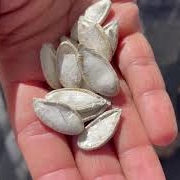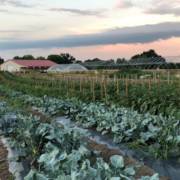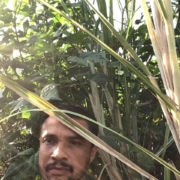Episode 263. Feeding the World: Localism, Ecological Resilience, and Farmer Agency
The widespread narrative on why we’re experiencing a food crisis is that it is because of high fuel and fertilizer prices, the disruption in market chains caused by the war in Ukraine, and lingering COVID impacts. But that’s not the whole story. When there is a food crisis, the common narrative is that increasing productivity is the answer and that global agribusinesses and global markets can meet these needs.
This “feed the world” narrative has been adopted by the media, businesses, and even American farmers who take pride in the idea that they are solving a world food crisis. But what we are seeing is not a food-shortage crisis. Rather, it is a structural problem of our food system that has resulted in high food prices.
In this episode of Voices from the Field, NCAT Agriculture Specialists Nina Prater and Lee Rinehart compare the “feed the world” narrative to another narrative centered around “food sovereignty” and discuss what farmers, organizations, and governments can do to enable communities to achieve that sovereignty.
Related ATTRA Resources:
Other Resources:
- Are We Really Facing Food Shortages?
- The Hunger Profiteers
- Special Report. Food Price Crisis
- La Via Campesina
- What Will Be the Most Effective Way of Overcoming the “Hurricane of Hunger?”
- Ecology and Society: Diversified Farming Systems: An Agroecological, Systems-based Alternative to Modern Industrial Agriculture
Have questions or need help? Contact us.
Please complete a brief survey to let us know your thoughts about the content of this podcast.
You can get in touch with NCAT/ATTRA specialists and find access our trusted, practical sustainable-agriculture publications, webinars, videos, and other resources at ATTRA.NCAT.ORG.
Learn about NCAT’s other cutting-edge sustainable agriculture programs.

 Canva Pro
Canva Pro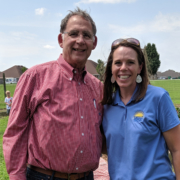
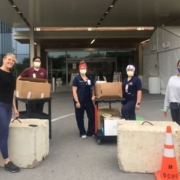
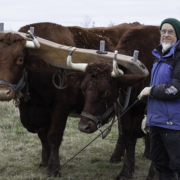

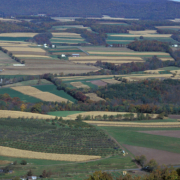 USDA photo by Scott Bauer
USDA photo by Scott Bauer